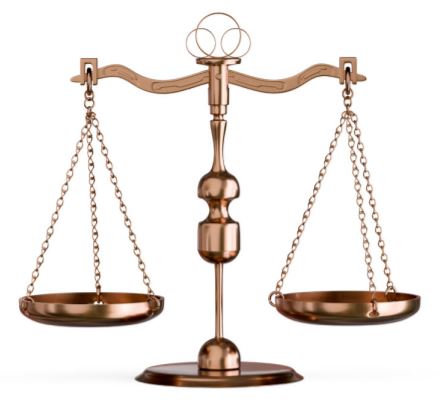The term “estate has different meanings in legal terminology. In one usage, estate may mean all the possessions
of one who has died and are subject to probate administration supervised by the court and distribution to heirs and beneficiaries. The Uniform Probate Code has shaped state law in this field. It includes provisions dealing with affairs and estates of the deceased and laws dealing with specified nontestamentary transfers (transfers not through a will), like trusts and their administration. Since its creation, over thirty percent of states have adopted the Code substantially in whole.
Since many individuals neither set up trusts nor execute wills, state intestate succesion laws are an important
complement to trust and estate law. They determine where an individual’s assets go upon death in the absence of a will.
Estate may also refer to all the possessions which a guardian manages for the ward whose protection and
administration of affairs they are responsible for. It may also mean the assets a conservator manages for a conservatee (a person whose physical or mental lack of competence requires administration of his/her affairs).
Another usage of the term estate refers to a class of real property interest, such as “life estate,” “estate for years,” or “real estate.”

